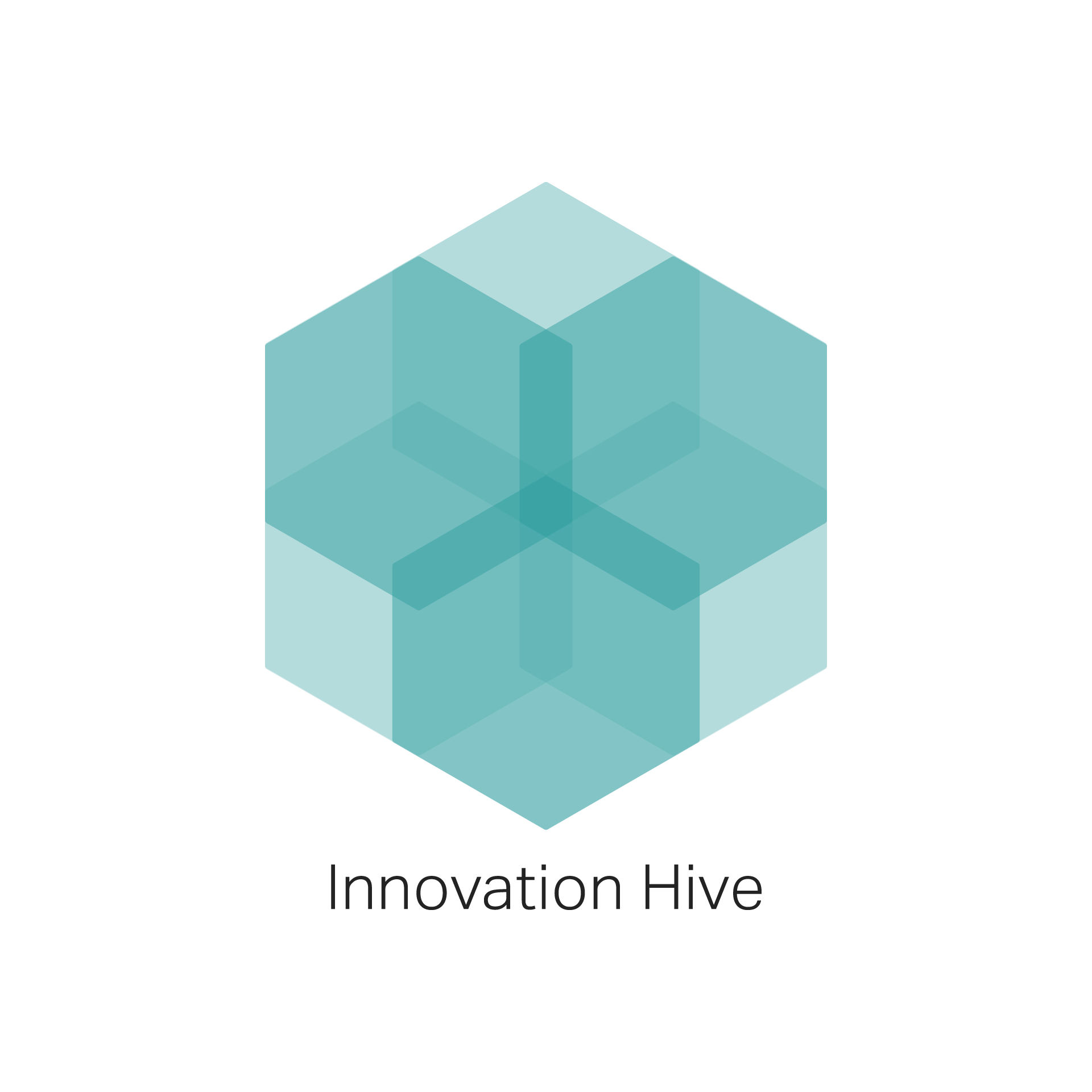The past few decades people’s lives have immensely been transformed by digital technology. The EU’s digital strategy seeks to make this conversion for people and businesses, while also contributing to the EU’s goal of achieving a climate-neutral Europe by 2050. The Commission is adamant about making this Europe’s “Digital Decade.” Instead of following others’ standards, Europe must now strengthen its digital sovereignty by setting its own, by focusing on data, technology, and infrastructure.
In order to fulfil the aforementioned, Innovation Hive and its partners have created the ‘’Boost Digi Culture’’ project, which aims to develop a framework of open educational resources and practices that aim to enhance the digital competences of cultural professionals. One of the project’s results is the PDP (Professional Digital competence Profile). This is designed as a set of guiding principles for the BoostDigiCulture e-learning platform, in order to serve as a microlearning upskilling program for cultural professionals, primarily those working in the heritage sector (galleries, libraries, archives, and museums) (GLAMs). The primary goal of the PDP, is to serve as a starting point for the development of the BoostDigiCulture Self-assessment tool, which will assist platform users in assessing their competencies and selecting appropriate training courses.
The PDP seeks to identify critical competencies for GLAM professionals within the context of the Digital Competence Framework for Citizens (DigComp). The EU Commission characterizes DigComp as a set of digital competences that are useful for not only persona or professional empowerment, but social as well. (Vuorikari, Kluzer and Punie, 2022). Nevertheless, in order to determine the specific needs of the cultural heritage sector within the DigComp, a research study, with two stages, was conducted: Desk Research and focus Group Interviews with GLAM staff.
The PDP was created using the DigComp model, research findings, and domain knowledge. These have four dimensions: areas, competences, competence elements, and proficiency levels. However, there are three primary areas, each of them consisted of three competences. These are mentioned as follows:
Information and Data Literacy, comprising of
▪ Data analysis and interpretation
▪ Data curation and preservation
▪ Evaluation and ethics of information and data,
Communication and Collaboration, including
▪ Netiquette
▪ Digital collaboration
▪ Audience development, and
Digital Content Creation, comprising of
▪ Copyright and licenses
▪ Management of digital repositories
▪ Integrating and re-elaborating.
In conclusion, the BoostDigiCulture learning program, and its competence framework, will not only assist GLAM professionals to take the digital competences required to the next level, but will also boost their competitiveness on the labor market within the heritage sector, by providing them with the opportunity to develop a set of cross-disciplinary skills. It is also envisaged that increased cross-disciplinary abilities would promote collaboration across cultural institutions, and that working on collaborative projects will enhance financing options, particularly for small and medium-sized groups. For more information, please visit: https://boostdigiculture.eu/index.php/project-results/



